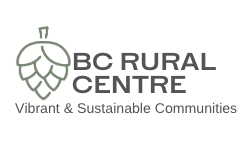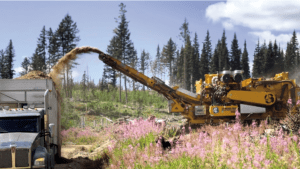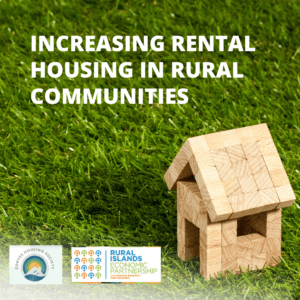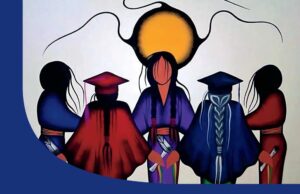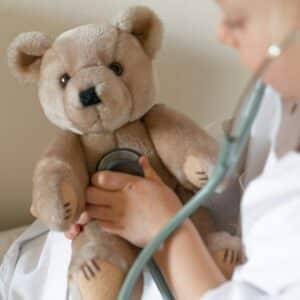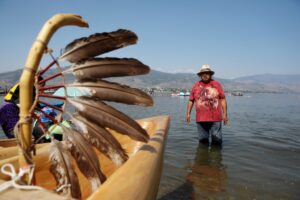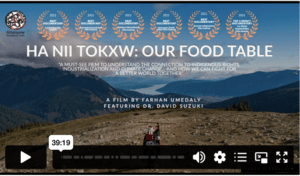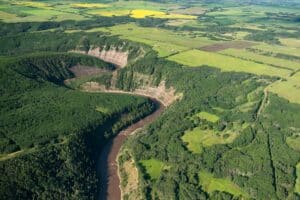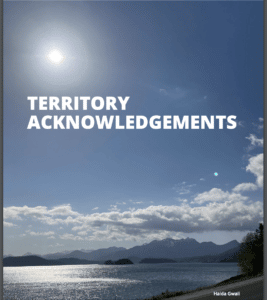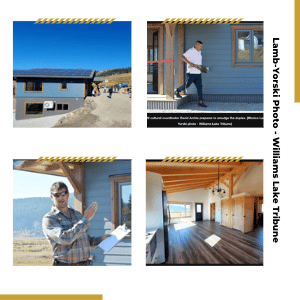First Nations Partnerships
The SEED Model for Sustainable Economic Development in Small Rural Towns via Outdoor Recreation
Abstract Rural small towns continue to face serious challenges, including population decline, high poverty levels, and insufficient infrastructure, among others. The sustainable ecosystem economic development (SEED) model provides a framework for remote rural communities to work collaboratively with government agencies, businesses, and nonprofits facilitated by project champions to develop and maintain healthy, sustainable economies. While…
Read MoreGetting the most out of B.C.’s challenged wood fibre base
It was in early-2023 when British Columbia Premier David Eby announced the Forest Enterprise Society of B.C. (FESBC) was to receive an additional $50 million in funding for forest enhancement projects in the province. The focus of the funding was to be on creating a higher level of wood utilization for wood fibre and wildfire…
Read MoreIncreasing Rental Housing in Rural Communities | Video
Watch the recording of the housing forum: Learn more about Cortes Housing Society
Read MoreIndigenous Education as the Impetus to Economic Resilience
Originally Written and Posted By Indigenous Prosperity Centre As we navigate the complex landscape of Indigenous procurement and economic development, a question that consistently occupies my thoughts is: What does economic resilience truly mean for Indigenous communities? Community development is at the heart of catalyzing economic resilience; the discussion today is mainly through the lens of…
Read MoreReal-Time Virtual Support
Relational Work Is the Work: Virtual Healthcare Transformation for Rural, Remote, and First Nations Communities in British Columbia The healthcare crisis across unceded First Nations territories in rural, remote, and Indigenous communities in British Columbia (BC) is marked by persistent barriers to accessing care and support close to home. This commentary describes an exceptional story…
Read MoreCanoe journey crosses colonial border, upholding syilx sovereignty: ‘this is still our territory’
For the 22nd year in a row, the Sukʷnaqin July 4th Canoe Journey made the trip from nk’mip into the ‘United States’ and back For the 22nd year in a row, syilx Okanagan people took a canoe journey across the invisible border between “Canada” and the “United States” that divides their territory — challenging a…
Read MoreHA NII TOKXW: OUR FOOD TABLE
The story of the indigenous Gitanyow people and their struggle to protect their traditional lands and “food table” in the face of climate change, industrialization and colonization in Northern British Columbia. SIGN THE PETITION TO PROTECT THIS SACRED PLACE: https://chng.it/h5rzcPgkXZ Featuring: Dr. David Suzuki Gitanyow Hereditary Chiefs www.gitanyowchiefs.com A film by Farhan Umedaly VoVo Productions 2021 @vovoproductions Director’s Statement: Beyond its majestic beauty and nature hidden threats are pushing the delicate ecosystem of the Meziadin Lake watershed to the brink. Ha Nii Tokxw, takes audiences on a visually stunning adventure through Wilp Wii Litsxw territory to uncover its ecological significance both…
Read MoreAgricultural Land Reserve Settles Treaty 8 Claims
First Nations will receive approximately 27,000 acres of protected agricultural land in BC’s Peace Region as a result of settlement agreements addressing their land entitlements claims under Treaty 8, signed in 1899. “For more than 100 years, the First Nations were deprived of the use and benefit of thousands of acres of land owed to…
Read MoreTerritory Acknowledgment: A Guide
Acknowledging traditional territory is, for many First Nations, a long-standing practice and a regular aspect of governance relationships and ceremony. In recent years, territory acknowledgments have become common across Canada as an act of respect and reconciliation at formal meetings, conferences, or public events. Fundamentally, a territory acknowledgment is a relational process, which means that…
Read MoreNet Zero Energy Duplex at Williams Lake First Nation Completed
A new net zero energy duplex at Williams Lake First Nation (WLFN) in the Cariboo is one of six demonstration projects by builders across Canada. Zirnhelt Timber Frames near Williams Lake and five other companies are working with the Canadian Home Builders’ Association (CHBA) to advance the net zero home industry. For the new duplex’s…
Read More